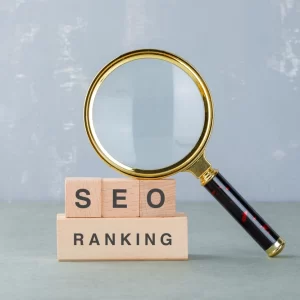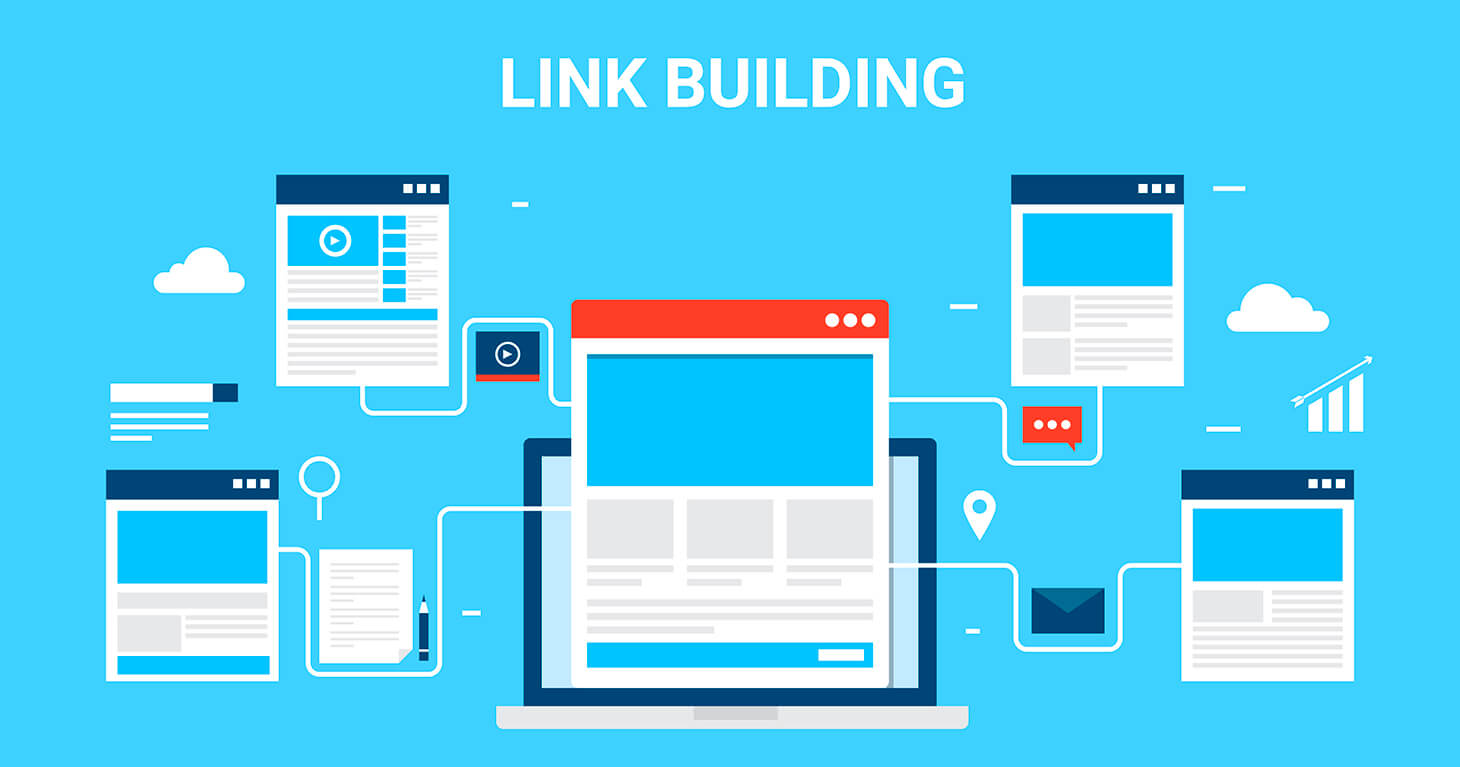Changing Landscape of Marketing
Did you know that for the last 30 years, 68% of all businesses have improved their sales funnel by investing in search engine optimization and digital marketing? And by now, it is quite clear that marketing will only be possible in the next 5 years by going digital.
Here’s another fact. According to a 2016 study by Hitwise, 72% of internet users have used search engines to find information on products and services. That makes Search engine optimization a priority part of any digital marketing strategy.
Why AI?
Artificial Intelligence (AI) is rapidly revolutionizing how businesses optimize their websites for search engines. Search engines are evolving with changing customer behaviour. Google secures more than 92% of the search market and has the most sophisticated search engine AI on the planet.
As per a recent update by the Search Engine journal every day, Google there had 5000+ Google algorithm updates in 2019 alone. That implies almost 13 algorithm updates per day.
It has become nearly impossible for a human or even a team of humans to keep up with such rapid changes in search engine algorithms.
AI-driven Search Engine Optimization (SEO) offers a range of benefits that help businesses to reach their desired target audiences more effectively. AI-driven SEO can also improve the accuracy and effectiveness of search engine results, leading to increased website visibility and improved user experience.
How AI can improve an SEO Campaign
AI-driven SEO campaigns can focus on high-level tasks like analyzing website structure, content, and linking patterns. AI can interpret the complex search engine algorithm far better than human SEO specialists, making it capable of achieving far better results.
For example,
- AI can interpret the algorithm and know what keywords to target for the website, how to optimize the website for those keywords, and how to link the website to other websites.
- AI can also interpret data such as the website’s rank and the keyword competition, allowing it to make recommendations on improving its rank in search results.
- AI-driven SEO campaigns can also scale to a much larger level than manual SEO. Businesses that invest in AI-driven SEO can expect their results to improve far more significantly than businesses that continue using manual SEO strategies.
Some Statistics about AI and SEO
- According to a study by Searchmetrics, 94% of marketers believe that AI will change the face of SEO.
- Another study by Brightedge found that 93% of marketers believe AI will positively impact SEO.
- 80.51% of industries are already investing in AI to automate several marketing functions.
- 15% of all Google searches are new, and Google depends upon its AI algorithm to understand their intent and recommend results.
AI-Driven SEO Strategies
Application of AI in Voice Search Optimization
A recent study by Gartner found that 23% of people use smart speakers. Although voice search is a very different way of searching than typing keywords in a search engine, optimizing websites for voice search using AI is possible. If a user asks a voice assistant, “What is the best Bluetooth headset?” they may not use the keywords “Bluetooth headset” or “headset.” Instead, the voice assistant will process the question and, based on the user’s intent, convert the request into keywords used to find products online.
Due to millions of voice searches happening daily, navigating through the trends and optimizing your content with the necessary topics is impossible. An AI can access the database of millions of searches around a keyword and can easily present the most trending searches.
It can also identify the audience’s intent, further informing you of the correct SEO tactics to optimize your content for that intent.
Unlocking User Intent with AI
Google has been using AI to understand user intent for 20 years now. The intent is the reason behind a user’s search query. Misinterpreting user intent can differentiate between a user bouncing from your website and a user signing up for your service.
By navigating through millions of SERP data for different search queries, AI can accurately predict the nature of the intent behind a search query.
Optimizing your article behind a specific intent gives you the competitive advantage of driving high-quality clicks and actions to your website that drive business.
Learn More about AI-Driven SEO in Our Advanced Guide to Semantic SEO
Navigating Google Algorithm Changes using AI-driven SEO Strategies
As discussed above, AI can interpret complex algorithms better than human SEO specialists. Businesses using AI-driven SEO can react more quickly to Google algorithm changes and respond with highly effective adjustments to their SEO strategy.
For example, an SEO specialist might notice that Google has updated its algorithm and decide that they need to change its SEO strategy. However, it takes time to make the necessary changes to their strategy, and there is no guarantee that their adjustments will be sufficient.
In contrast, an AI platform will receive the update almost instantly and react accordingly, making it far more effective at responding to algorithm changes than human-driven SEO strategies are.
How AI can interpret User Behaviour
Another way that AI can interpret user behaviour and influence SEO is by understanding user behaviour. AI can track which pages users visit, what they click, and what they scroll past.
AI allows for mapping and pinpointing the various trends in user behaviour and mapping them to each specific stage of the buyer’s journey.
Such accurate mapping of the customer journeys helps share the right message at the right place and even the right time, maximizing the marketing efforts’ efficiency.
Is AI the Future of SEO?
It’s almost become the present. With the constant developments of AI, it is evolving to be simpler and more available for firms to utilize. AI’s potential to obtain dozens of functions and evaluate billions of data points makes it a reasonable step for all SEO strategies.
That is why the first adopters of AI for SEO will frequently profit the most. You can get ahead of opponents, for instance, by building data-backed content that concerns your readers and aligns with search engine algorithms. Not to note, you can stride forward with techniques surging in use, like re-optimizing old content.





